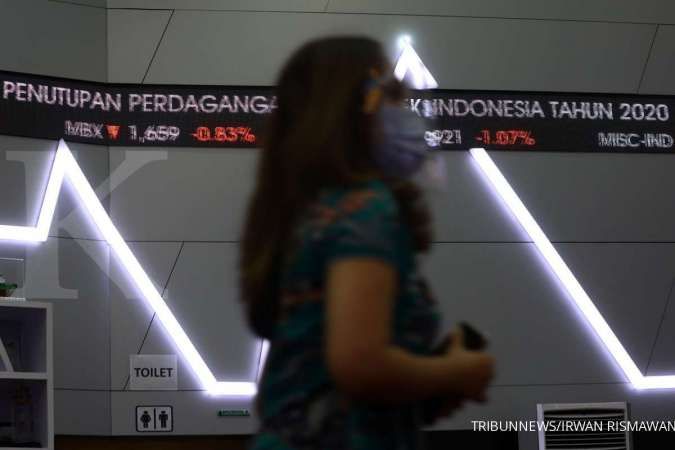26 mars 2021
22:30
–
Announced ten days ago, rapid business tests still raise a number of questions and are struggling to become reality.
–
Supposed enter into force from March 22, the rapid in-house tests raise their share of questions and find it difficult to impose themselves, would we be tempted to conclude after a sounding of various companies. A feeling shared by Pierre-Frédéric Nyst, the president ofUnion of Middle Classes (UCM). At the end of the Consultative Committee held on Wednesday morning, some information leaked out. If it seems certain that the cost tests will be paid for by the Federal government, it should be nasal tests which would be carried out twice a week on a voluntary basis by the occupational medicine, explained to us the president of the UCM. Today, on the basis of an existing stock of 600,000 tests, the operation could take place over a month, at the rate of 150,000 tests per week, but Pierre-Frédéris Nyst wonders if the Occupational Medicine will be able to cope with the work overload that such an operation would represent.
–
“If we have to do two tests per week, that’s 13,000 tests per week and we only have 5 nurses and 2 doctors for the whole plant.”

